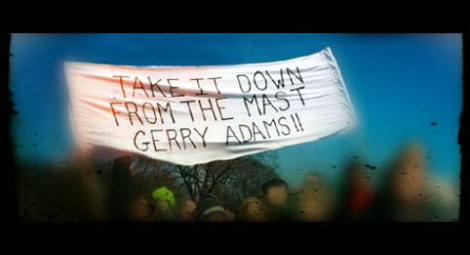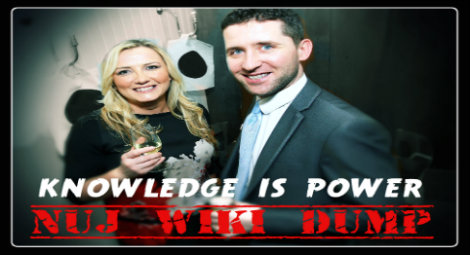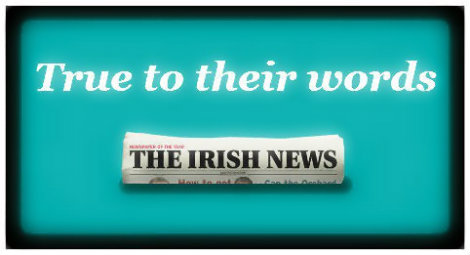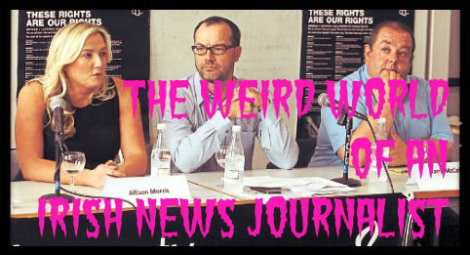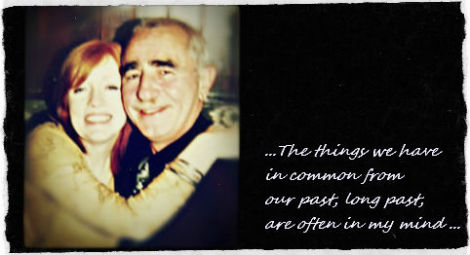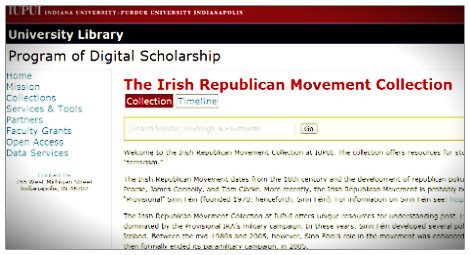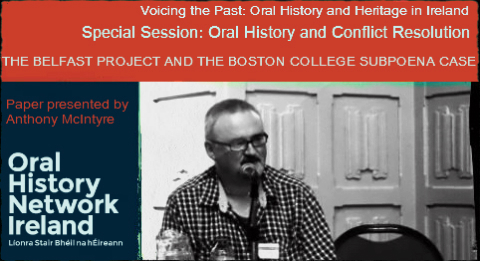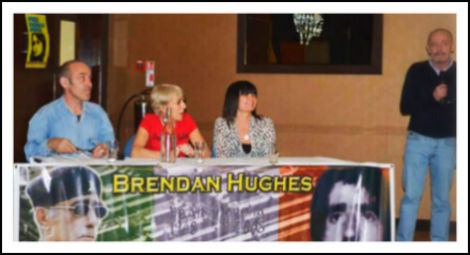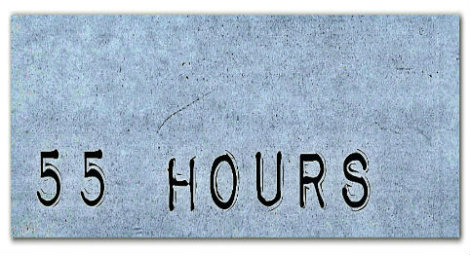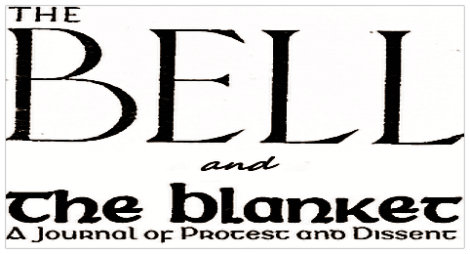If Sinn Fein is to acquire the sought after relevance referred to by Gibney a more pertinent lesson to be drawn from comparing the electoral debacle of last year to the victory over Lisbon dominance is that Sinn Fein has the potential to reverse it fortunes in the Republic if it bypasses its Northern president. Although it was claimed in today’s Sunday Times that ‘Adams was personally responsible for Sinn Fein's abysmal performance in last year's general election’ there were more contributory factors than his feeble performance. Nevertheless, his ability to impose his presence on the televised debates rather than allow the spotlight to fall on one of the party’s Southern personalities who at least knew something about the economics of the Republic, helped do untold damage to Sinn Fein’s Dail prospects. His eagerness to be a leader on a par with other political leaders in the Republic backfired because the command of the issues that a party leader would reasonably be expected to possess was simply not there. This was exposed with considerable effect in front of television audiences. The great leader was simply not at the races. This time round, on the Lisbon circuit, the party benefited handsomely from his diminished role. Yet the lessons may not be learned.
The Republic has a much more nuanced electorate than exists in the North. Unlike the run of the mill Belfast chawbacons the politics of the Dublin voters are grounded in delivery not promise. The healthy scepticism shown on their part toward Sinn Fein in May last year is unlikely to recede in response to the unhealthy cynicism practiced by the Sinn Fein leadership. Mary Lou McDonald having been the public face of the anti-Lisbon project was shunted aside as Gerry Adams muscled in on the act, hogging prime time TV and radio, claiming credit for what went right on the watch of another. This crude attempt to let the grassroots activists know he is the daddy on the block will come at the expense of the party’s fortunes. And if radical activists at cumann level are to maintain any progressive perspective they will need to do more than they did last year in the immediate aftermath of the poor electoral showing. Then they restricted themselves to mumbling and grumbling about being ordered to appear at count centres to throw plaudits rather than eggs the way of the supreme leader.
Whatever Sinn Fein may think it is entitled to by way of reward for its campaigning against Lisbon there is no simple converter that will smooth the way to electoral success at home. With opinion polls showing no decline in government support despite the humiliation of the Lisbon defeat there are few grounds for Sinn Fein to feel it might turn the success of its Lisbon foray into electoral gains here. Its popularity ratings rose by only 1% despite its role in curbing Lisbon expansionism. In the public mind, Lisbon and Limerick are poles apart.
Sinn Fein was the only Dail party to hold the line against the big beasts of government and their allies. But there seems to be little discomfort within its grassroots at the cruelly exposed partitionist joint that demarcates the line between a radicalism amongst party activists in the Republic which expressed itself against the big powers, and the right wing Northern leadership which invited and made welcome the commander in chief of the forces currently waging war on Iraq. The case that Lisbon ought to have been opposed because it would lead to a European army and the consequent abandonment of Irish neutrality jars awkwardly with this. The party in the Republic needs to seriously ask itself whether it can continue to indulge the ambitions of a conservative northern leadership which has produced the following political arrangement in the North outlined in the Irish News by the columnist, Patrick Murphy:
The executive's political ideology will now hinge on the DUP's long-held belief in unfettered capitalism, creationism and colonialism. Out goes Sinn Fein's socialist republic – especially the socialist bit – and our traditional welfare state model of a mixed public and private economy … The consideration of formal links between Stormont and Washington has already been reflected here in the reduction of investment in social housing, building a big US-style prison, an increase in university fees and payment for public services such as water. Mrs Thatcher would be so proud of us.
Dublin West TD Leo Varadkar with the aid of considerable exaggeration made the point that ‘if there is anything to be learned about this large working-class vote, it’s that it’s a right-wing reaction – anti-immigration, protect my job - and not a left-wing vote as Sinn Fein pretends to believe.’ There is no one-size-fits all interpretation of the body of people Sinn Fein helped to mobilise against the Lisbon Treaty. Because it defies being easily pigeon holed as either fish or foul, once the cheers of victory have subsided, what lies out there ought to be looked at in the cold light of day. And that substantial element of it which sits to the left needs to be prised free from the anti –immigration lobby and the equally obnoxious Catholic Right if any radical momentum is to be maintained.
Can any of this be achieved under the dominance of the rightist Northern leadership? The answer is a No more resounding than anything heard throughout the referendum.















